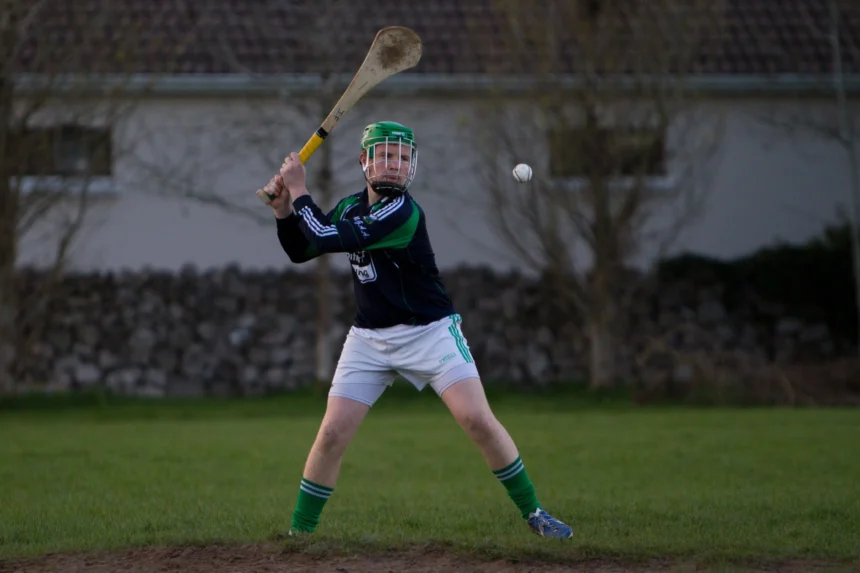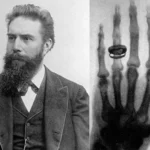Former Kilkenny hurling star DJ Carey was sentenced to five-and-a-half years in prison after admitting to a long-running fraud in which he pretended to have cancer. The 54-year-old, who had lived in Newtown, Maynooth, County Kildare, pleaded guilty in July to 10 charges tied to deceiving people into giving him money.
A Stunning Fall From a Celebrated Career
Carey had once been one of the most celebrated athletes in Ireland. A five-time All-Ireland winner and multiple All-Star, known nationwide. But in court, that history didn’t soften the judge’s view. He described the fraud as something he “could not imagine” being more reprehensible, a line reported by RTÉ and said Carey had tapped into people’s kindness for personal gain.
The hearing had actually been pushed back a week because the court was told Carey was in the hospital. But once things resumed, the details landed heavily. According to the prosecution, the 10 counts he pleaded guilty to involved 13 complainants, including businessman Denis O’Brien, one of Ireland’s wealthiest entrepreneurs. O’Brien had given Carey over €125,000 (£109,500) and even offered accommodation and transport.
Altogether, the court heard that Carey had defrauded 22 people with the full amount reaching almost €400,000 (£350,000). Only about €44,000 (£38,500) had been repaid. The rest, as of now, was simply gone.
His defence counsel said Carey had experienced a “stunning fall from grace” and had become “something of a pariah.” There was a sense in the courtroom that even Carey knew things had spiraled far beyond anything he expected.
Fake Illness Claims and ‘Seattle Treatment’
The victims weren’t only wealthy figures or distant acquaintances. Some were close to Carey — a cousin, friends, work colleagues and fans who only knew him through the sport. It made the story sting more. People thought they were stepping in to help someone who had brought pride to Ireland on the field.
But when gardaí investigated, nothing about the cancer story checked out. Carey had told victims he was being treated in Seattle and he needed money to cover treatment abroad. In some cases, he claimed he had a payment coming from the HSE from a negligence case he said he had taken against St James’s Hospital in Dublin.
A police sergeant testified that the Seattle hospital Carey mentioned had no record of him ever being treated there. His GP had no record of cancer. There was no HSE claim. And Carey hadn’t even traveled to the United States since 2015.
That’s when the whole situation came into sharper focus. In questioning in December 2022, Carey finally admitted he had made up the cancer story. He said he had done it to buy time because he had a major debt owed to Allied Irish Banks (AIB) and needed financial help.
This wasn’t the kind of confession that shocked people, the evidence had already walked the story there but it still felt heavy. The judge later said that those who gave money had responded “in what they thought was his hour of need,” and he applauded their generosity.
As if that wasn’t enough, the case stirred social media too. An image that appeared to show Carey with an iPhone cable taped to his face spread widely across messaging apps. His legal team pushed back immediately, saying he had been targeted with “ridicule and derision” and that the images were “completely fake and false.”
A Rut That Turned Into a Crime
Carey’s defence lawyer painted a picture of someone whose life had fallen apart behind the scenes. After his business collapsed, the lawyer said, Carey had “fallen into a rut” with serious financial troubles and should have asked for help in a legitimate way. He also told the court that Carey was dealing with a chronic heart condition and that prison would be an enormous punishment.
Still, the defence admitted there was no immediate chance of repaying the victims. They offered what they described as a “heartfelt, sincere apology” to each person affected.
But the judge made it clear that despite the apologies, the severity of the fraud couldn’t be ignored. A prison sentence was inevitable. He repeated that the victims had acted with compassion and generosity, believing they were helping a man in crisis. That trust, he said, was violated in a way he found deeply serious.
And with that, the judge handed down the five-and-a-half-year sentence.



